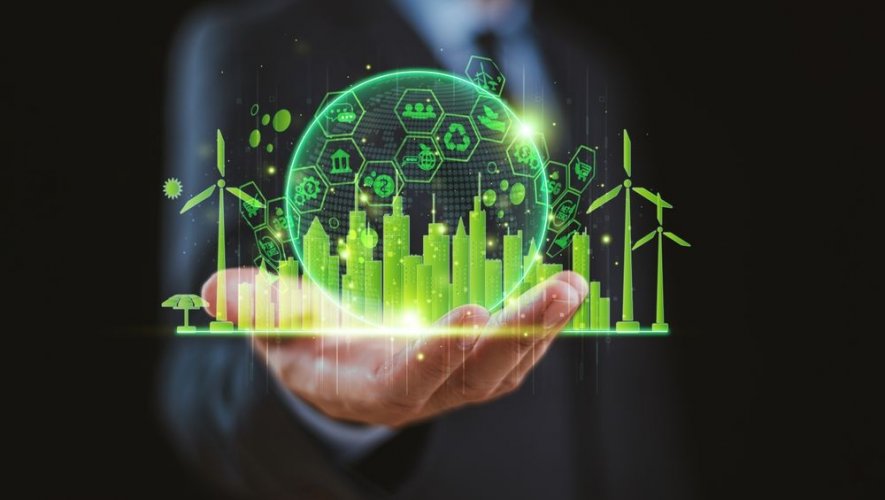Over the next three weeks, Ukraine must agree with the European Commission on the terms for postponing the carbon border adjustment mechanism (CBAM) for domestic industry, and in the first quarter of 2026, it must adopt a draft law on the greenhouse gas emissions trading system (ETS).
Oleksiy Sobolev, Minister of Economy, Environment, and Agriculture of Ukraine, spoke about these and other plans in the environmental sphere in an interview with Forbes Ukraine.
Here are five key tasks directly related to environmental policy that the minister discussed with journalists:
1. "Greening" the economy. According to the minister, the goal is to increase the number of green finance projects and rebuild the country in accordance with environmental standards.
2. Coordinating with the European Commission on the mechanics of transitioning to the implementation of the CBAM. The Ministry of Economy, Environment, and Agriculture plans to do this in the next three weeks. Oleksiy Sobolev said that Ukrainian officials want to postpone the full implementation of the carbon adjustment mechanism for imports to Ukraine until at least 2028.
“Our current priority is business survival. Next comes additional investment to transition to the new system,” the minister said.
3. Implementation of the Emissions Trading System (ETS). The head of the Ministry of Economy spoke about two possible approaches to its creation:
- to build an internal Ukrainian system, gradually implement it, and then connect to the European one;
- to wait several years and immediately join the system already operating in the EU.
According to Oleksii Sobolev, next month the ministry will hold consultations with businesses, which need to choose a model.
“Then, by the end of the year, we’ll draft a law and may adopt it in the first quarter of 2026,” the minister promised.
4. Development of alternative energy sources, such as bioethanol, biogas, and biomethane. The Ministry of Economy is currently seeking new markets, actively negotiating with Germany for grants to launch generation, and pushing for Ukrainian biomethane to be sold under the same conditions as that produced in the EU.
5. Deregulation in the forestry sector. According to the minister, the biggest problem in this area is overregulation, which leads to the underutilization of forest resources.
“Every year, Ukrainian forests grow by about 35 million cubic meters of timber, while less than 15 million cubic meters are harvested. The EU uses 70-90% of the growth, while we use less than half. The Ukrainian processing industry is ready to increase production, the only issue is the availability of additional raw materials," says Oleksiy Sobolev.
According to him, the government is currently updating forest management documentation and preparing amendments to legislation that should balance economic and environmental interests and make fuller use of forest resources.
As a reminder, EcoPolitic recently published an analysis of the first 100 days of the unified Ministry of Economy. We investigated who is now responsible for environmental protection at the highest level in Ukraine, what steps the ministry has taken in this area during this time, and whether it is managing to maintain a balance between environmental interests and its two other areas of activity.





